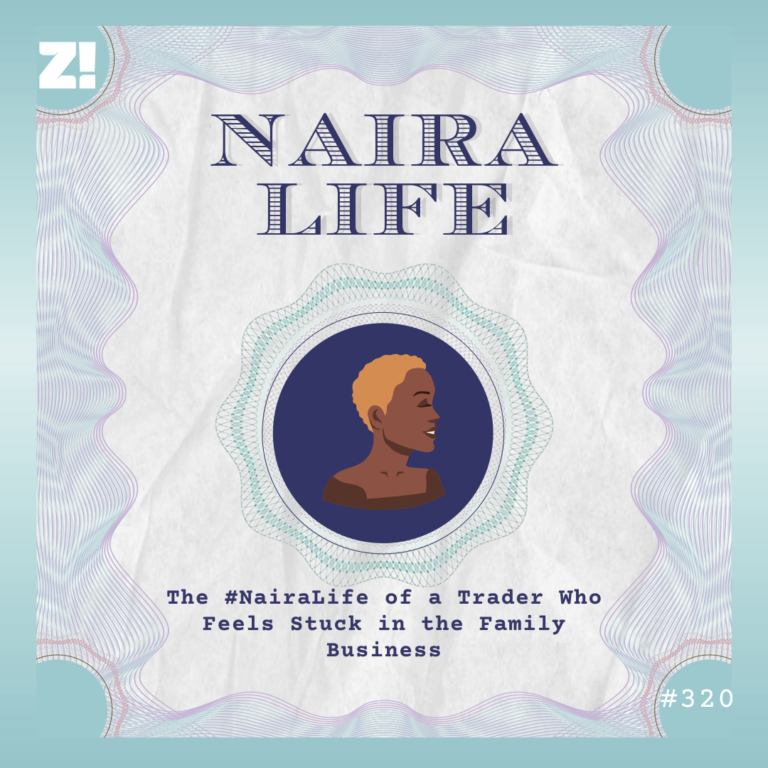Nigeria’s headline inflation rate rose to a 28-year high in 2024, and food inflation has been hot on its heels. Most Nigerians may not have paid attention to the inflation figures, but everyone saw it play out in the sharp increase in tomato prices these past few months.
Considering just how important tomatoes are to the average Nigerian — Sunday rice and stew is a thing — we thought to ask some Nigerians how they survived the price increase.

Image: TechCabal
Helena, 41, Housewife
My family of five can’t go a week without eating stew. It’s one of the easiest meals to cook, and I love that I can cook a big pot of stew at the beginning of the week and use it to eat rice, yam, swallow and even bread all week.
But when tomatoes became expensive, making my usual pot of stew became hard. Typically, ₦3k buys me the tomato and pepper mix I need for stew, but tomatoes alone started costing ₦5k during the price increase.
I tried cucumber stew to save money since everyone else was trying it. I bought three sachets of Gino tomato paste, some cucumbers and my regular pepper mix, and I made my usual pot of stew. It tasted great, and my children didn’t even notice any difference. I still make cucumber stew once in a while.
Prudence, 25, Caterer
My church held an anniversary program in June and asked me to cook the jollof rice and stewed chicken for our 300+ members.
The only problem was that it was the period when the price of tomatoes was really high, and my church had a tight budget. I couldn’t buy more than a small basket of tomatoes, and even that cost ₦30k instead of like ₦7k.
I had to use sense to carry the remaining one. I bought several tins of the big Gino tomato paste and used plenty shombo and tatashe to support it. That’s what saved me. The food still came out nice, and everyone was happy.
Taiwo, 27, Driver
Honestly, the high tomato prices didn’t really affect me. I don’t cook much, and most of my cooking is limited to jollof rice or white rice and stew. When I got to the market and realised there were no ₦500 tomatoes again, I just jejely bought plenty party jollof tomato paste and kept them at home to cook. I even prefer tomato pastes because they’re cheaper and basically do the same thing fresh tomatoes do. Win-win.
Seyi, 30, Teacher
I avoided cooking tomato-based meals when tomato prices increased because I just couldn’t afford to. Imagine using ₦2k to buy only tomatoes. Where would the money for the other ingredients come from?
So, I stopped cooking those meals for a while until a friend shared her hack for making stew without fresh tomatoes—she just used tomato paste, plenty of onions, bell peppers, and ata rodo. I wasn’t really a fan of tomato paste because I thought it tasted sour, but she introduced me to this Gino tomato paste that already had pepper and onions in it, and I loved it. It really came in handy during that tomato inflation period.
Onyeka, 22, Student
As a broke student, tomato paste always rescues me when sapa hits extra hard. So when tomatoes became expensive, I didn’t even stress myself. I only bought them when it was absolutely necessary, especially to fry eggs. I used tomato paste for everything else: spaghetti, rice, and stew. I’m a tomato paste warrior.




